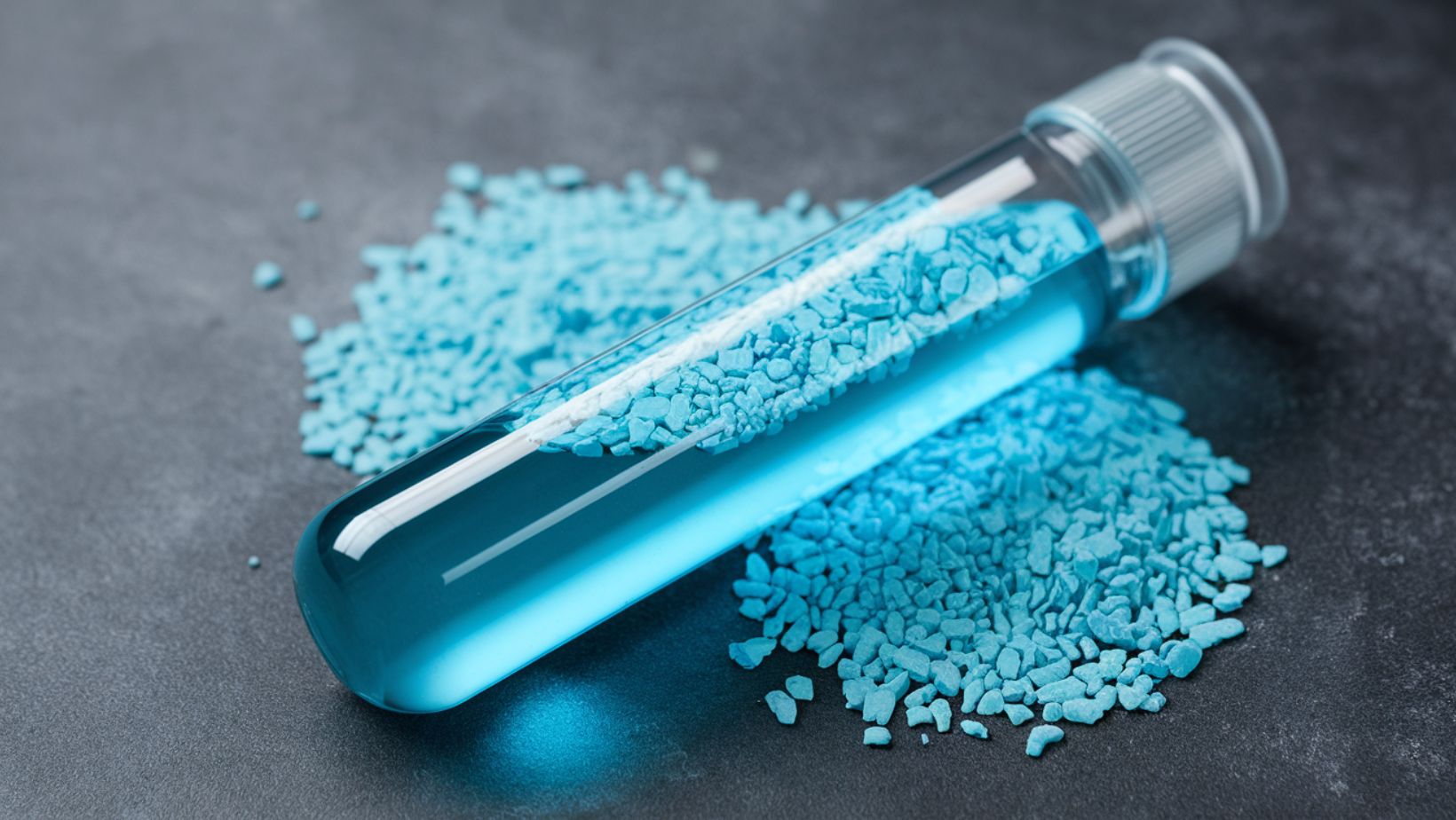Sugar substitutes have become increasingly popular in recent years as people look for ways to reduce their sugar intake. While artificial sweeteners and sugar alcohols can help decrease the risk of cavities, some are better for your teeth than others. One of the best and safest sugar substitutes for dental health is xylitol, a naturally occurring sugar alcohol that has some impressive benefits.
Xylitol Significantly Reduces Dental Plaque and Cavities
Numerous studies have proven that exposure to xylitol can significantly lower the amount of dental plaque in your mouth. Whitney, a dental hygienist, explains that “there are lots of proven studies that show xylitol exposure can significantly lower the amount of dental plaque in your mouth and assist in decreasing your risk of tooth decay.” By inhibiting the ability of plaque to stick to your teeth, xylitol helps prevent the formation of cavities.
Use Xylitol in Moderation as a Sugar Substitute
If you’re looking to use xylitol as a sugar substitute in your coffee, tea, or baking, it’s important to use it in moderation. Whitney cautions that “if you eat too much you know what happens swallowing some here and there isn’t a big deal but if you’re using it to bake a cake or you completely substitute all of the sugar in a recipe your stomach is probably going to notice.” She recommends starting with no more than 2-3 tablespoons per day to prevent gassiness and diarrhea.
Xylitol in Dental Products Provides Added Benefits
Even if you don’t use xylitol as a dietary sugar substitute, you can still reap its dental health benefits by using oral care products that contain it. Xylitol is often added to toothpastes, mouthwashes, and breath mints. Whitney notes that “simply chewing a piece of xylitol gum or sucking on a xylitol breath mint those are extremely beneficial to your dental health.” Look for xylitol as a listed ingredient in your dental products for an extra boost to your oral hygiene routine.
Xylitol Does Not Replace the Need for Fluoride
While xylitol is great for preventing plaque and cavities, it’s important to know that it does not replace the need for fluoride in your oral care routine. Whitney explains that “fluoride strengthens weak teeth to make them more resistant to acids aka prevents cavities and stops cavities from forming whereas xylitol only helps repel plaque and inhibit bacteria it doesn’t re-mineralize enamel that has already been coated with buildup.” Use xylitol in conjunction with fluoride for optimal preventative dental care.
